2021
The latest news from the Roslin Institute.
To learn more about the work and life of our scientists, please see our interview series in the Meet Our Scientists pages. We also post our news on Facebook and Twitter and you can subscribe to our newsletter.
For press enquiries please contact the Press Office via email or +44 (0)131 650 9547.
Mink farms’ coronavirus outbreak driven by workers
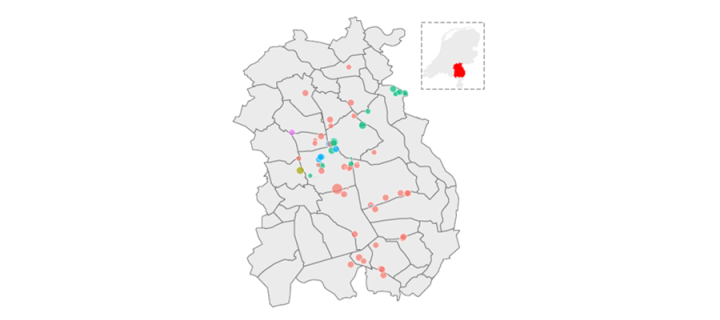
Covid-19 transmission between mink farms in the Netherlands was associated with movements of staff, study suggests.
Bacterial gene has key role in Legionnaires’ disease
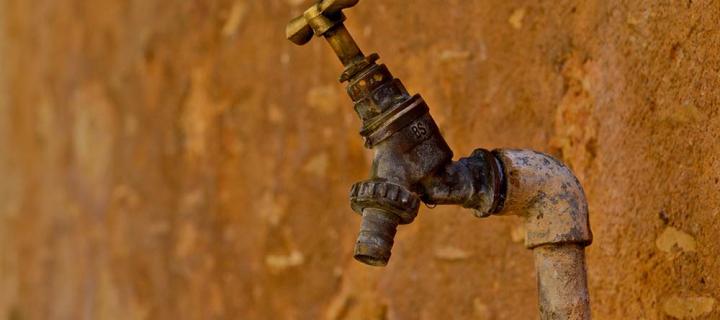
Large-scale study of bacterial DNA samples uncovers significance of gene in causing human infections.
TV documentary tells the story of Dolly the Sheep
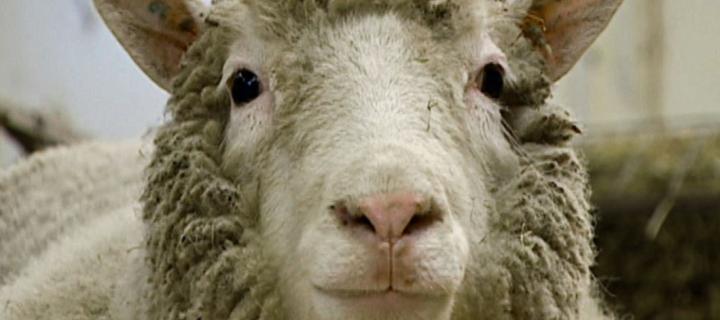
Creation and impact of world-famous cloned animal is featured in hour-long television show.
Card game teaches livestock genetics
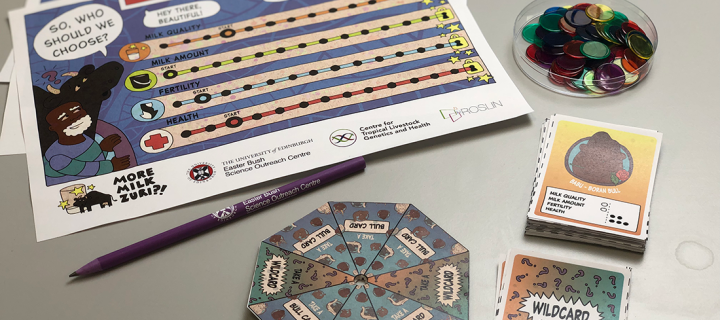
A free online resource for children will teach how genetics research can help East African livestock thrive.
Balloon blow-up helps pupils learn climate science
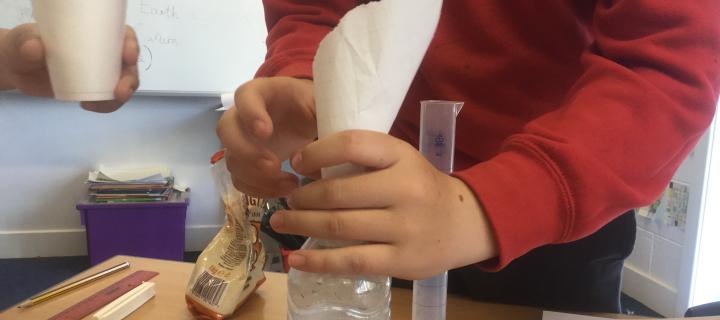
Thousands of school pupils will learn about the link between microorganisms in cattle and greenhouse gases through a hands-on activity.
Partners speed development of cystic fibrosis therapy
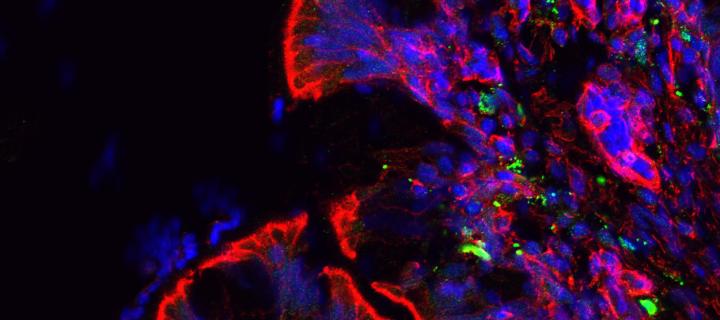
Researchers and commercial partners agree to advance work on gene therapy for life-threatening lung condition.
Genetic contact tracing could help curb TB outbreaks
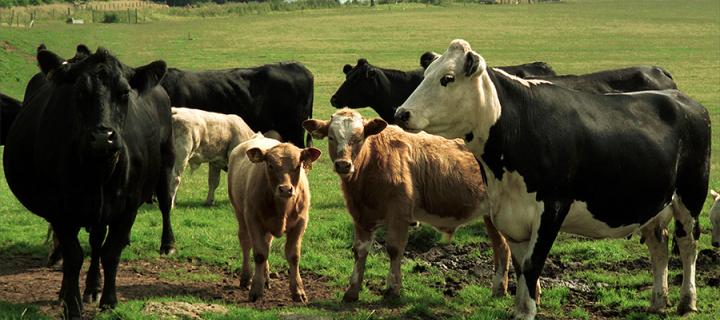
Routine analysis of bacteria in cattle and badgers could help manage early spread of costly disease, research shows.
Research helps lower emissions from animal farming
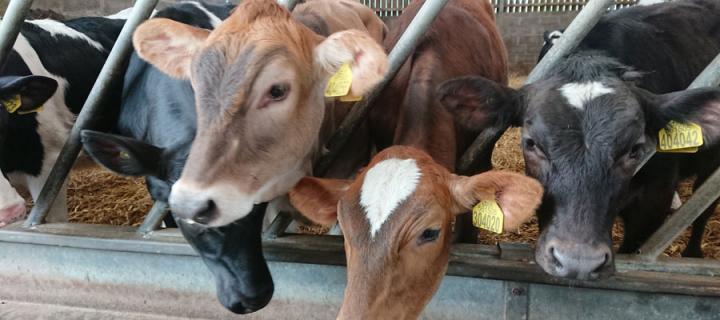
Scientists at Roslin contribute to improving the sustainability of livestock, in line with UN goals on climate.
Expertise to be shared in chicken embryo workshops
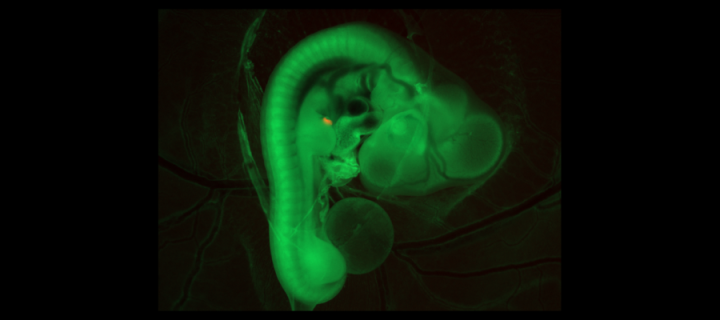
Hands-on training could help further understanding of animal and human development.
Genetic tool could improve heat tolerance in cattle
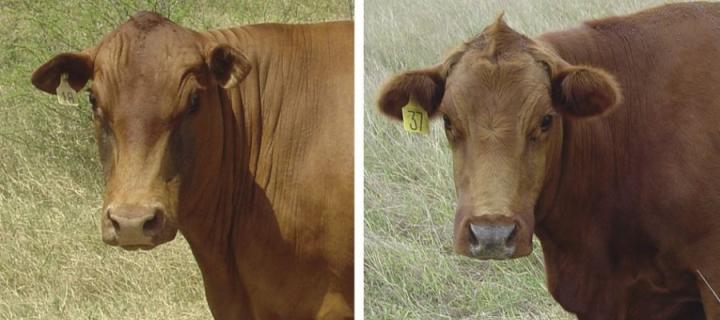
Gene-editing methodology could contribute to climate resilience of animals living in hot climates.
Rapid testing system to detect oyster diseases
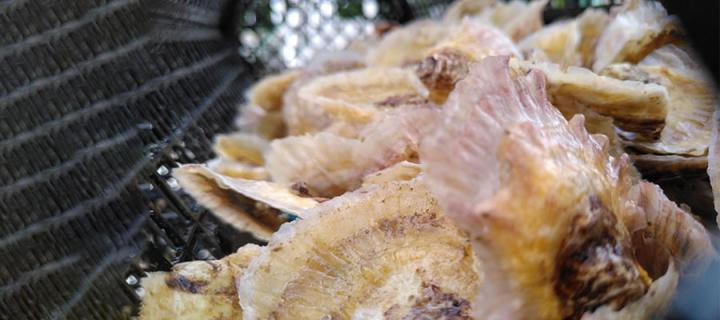
A PCR test for viruses and bacteria will be designed to improve shellfish health and support farmers.
Scientists back plans to progress gene editing regulations
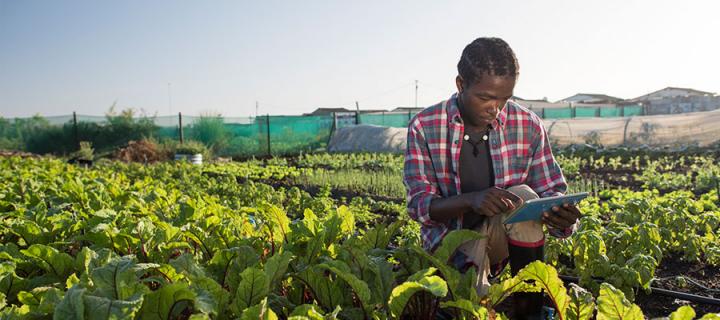
Researchers support UK Government moves to reconsider regulation step-by-step, starting with plants, with intent to consider use in animals later, after a national consultation.
Gene editing identifies disease resistance gene in salmon
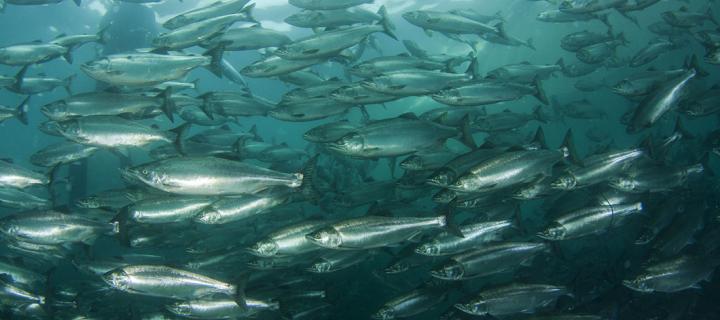
A gene affecting resistance to a viral disease in Atlantic salmon has been identified using CRISPR gene-editing technology.
Parasite insight could help treat livestock infection
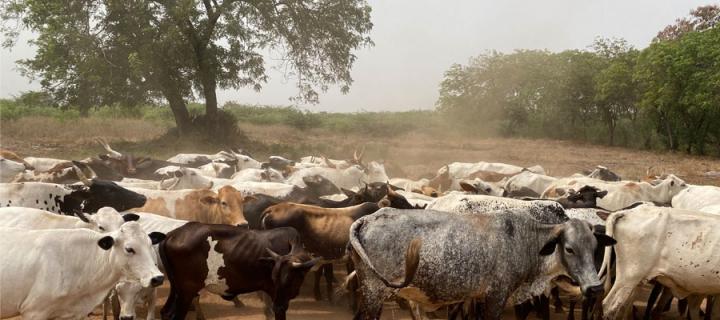
Fresh understanding of a cattle bug offers potential to design novel drug interventions for a devastating condition.
Global network formed to investigate coronaviruses
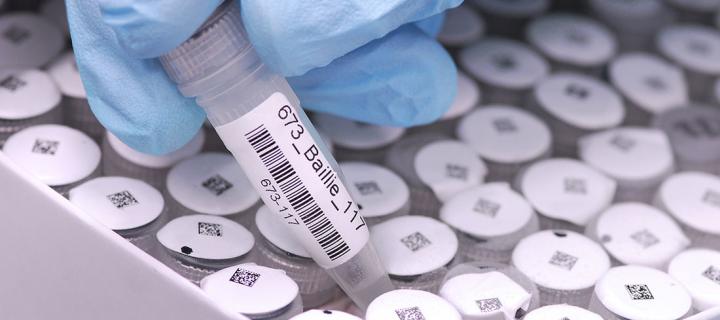
Researchers and companies will collaborate to research coronaviruses in people and animals, and help tackle outbreaks.
Bacteria insights could advance dog infection treatments
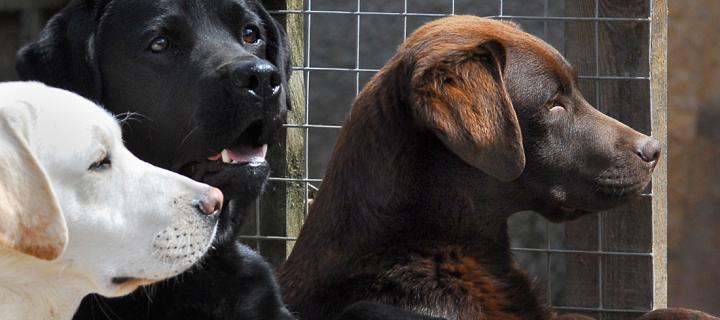
DNA study of Staphylococcus bacteria samples may aid understanding and management of common infections in pets.
Disease and environment drive adaptation in bivalves
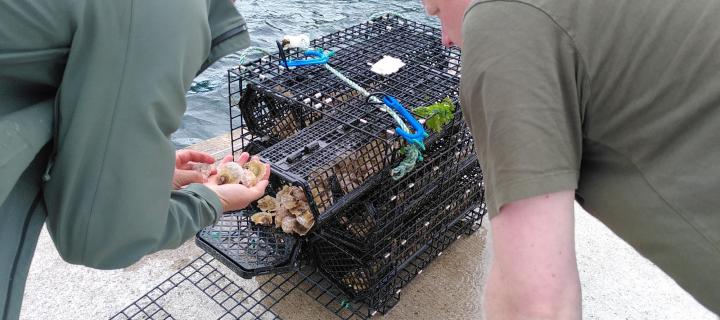
Gene study provides insight into adaptation of key seafood species to environmental challenges.
Protein is key to red blood cell formation
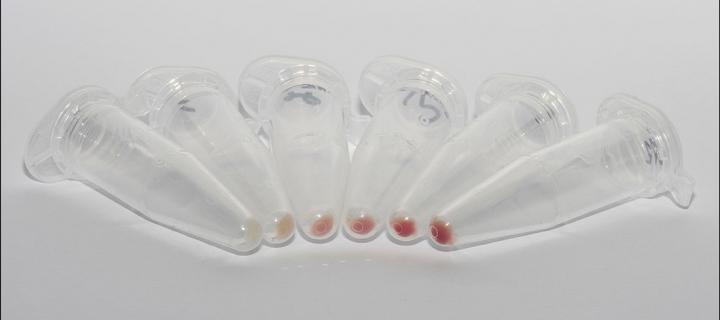
Scientists find a protein that plays an important role in blood production, which could help develop new treatments.
Health care access could curb drug resistance in Africa
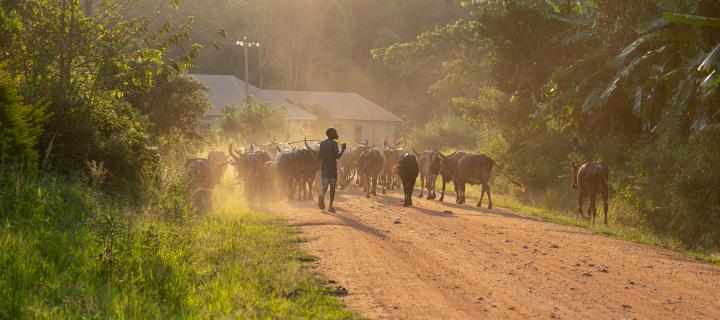
A one-health review in East African countries shows that improved access to quality drugs and healthcare is a major route for reducing antimicrobial resistance.
Assessing genetic diversity is vital for nature
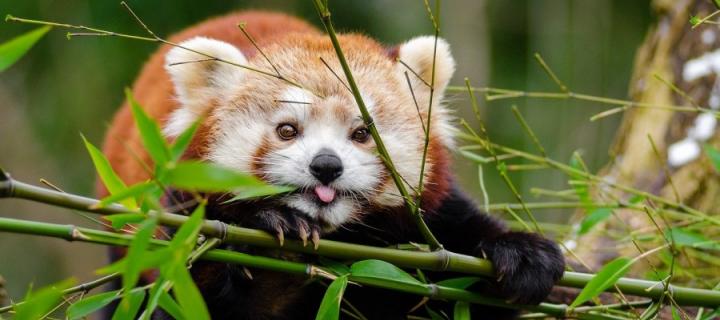
National conservation strategies should include evaluation of genetic variation within species, scientists say.
DNA region linked to disease resistance in tilapia
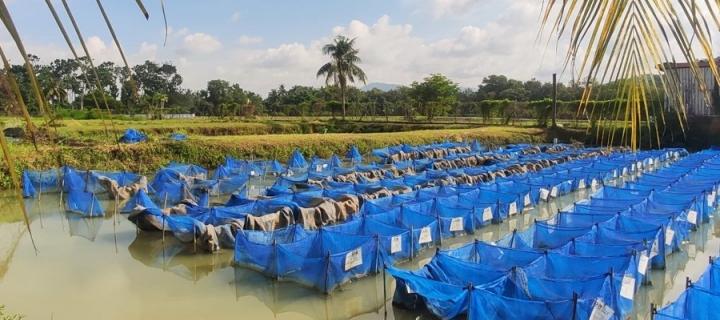
A section of the genetic code significantly affects survival during a virus outbreak, leading to potential for breeding resistant fish.
DNA variations linked to severe Covid-19 risk
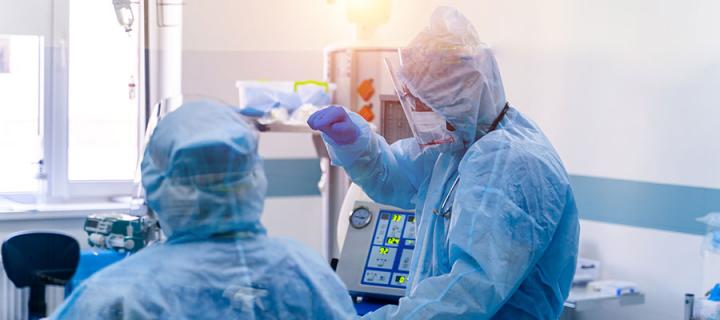
A large global study has identified genetic differences associated with Covid-19 patients requiring critical care.
Agreement targets disease-resistant gene-edited pigs
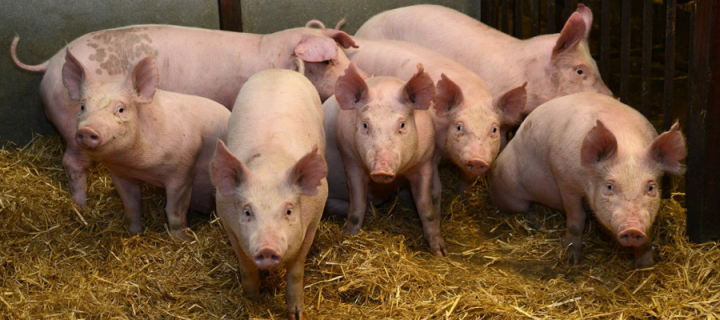
Researchers and commercial partners to continue collaboration on developing pigs resistant to Porcine Reproductive and Respiratory Syndrome.
Celebrating Dolly the Sheep’s legacy, 25 years on
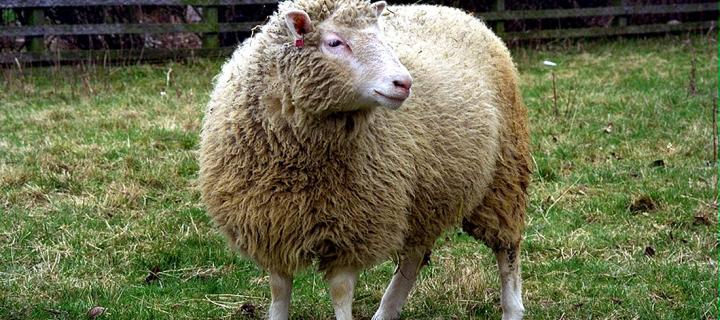
Dolly continues to inspire scientific developments worldwide, 25 years after she was born at the Roslin Institute.
Research samples could aid wildlife forensics
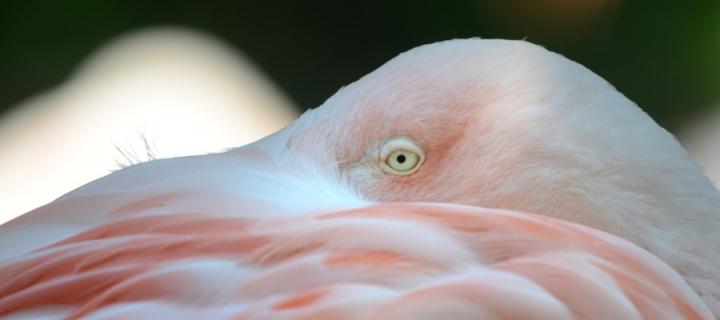
Wildlife crime investigations could benefit from access to biobanks focused on conservation and research.
Environment drives DNA changes in Ethiopian chickens
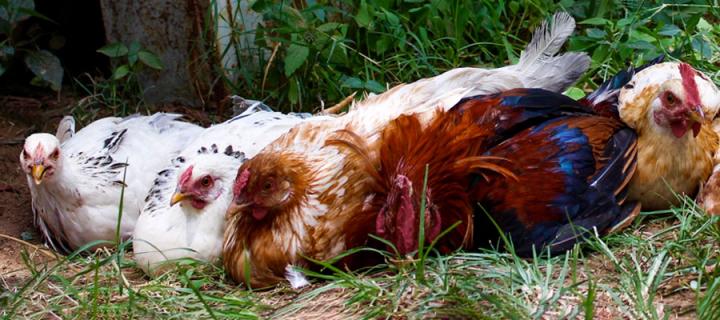
Insight into how temperature, rain and land use influence the adaptation of village chickens could inform breeding programmes.
Rabies campaign reaches milestone of success
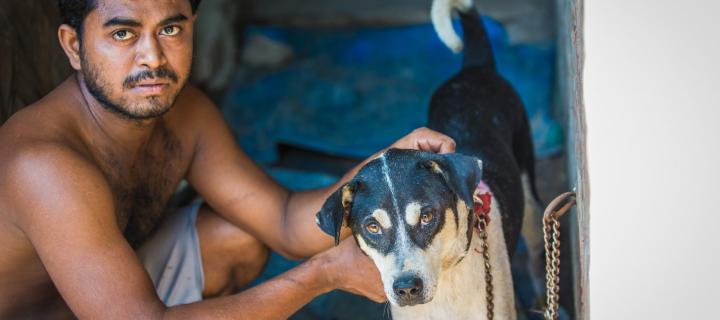
Indian state of Goa declared as Rabies Controlled Area following successful campaign to vaccinate stray dogs.
Response to UK Government’s gene editing consultation
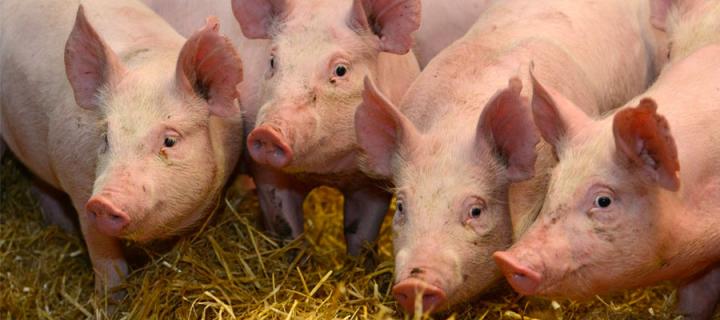
The Roslin Institute has published its written response to a national initiative seeking views on gene editing.
Poultry study points to genes linked to food bug
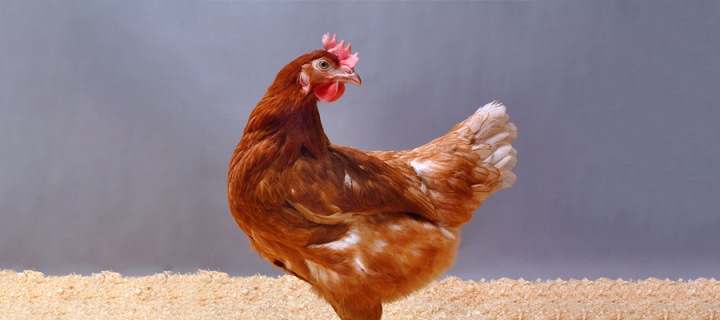
Variation in the response of chickens to Campylobacter helps identify key genes that may provide resistance to infection.
Covid-19 dashboard tracks spread across Scotland
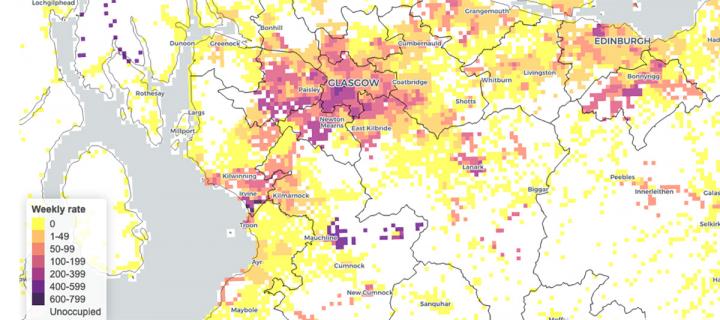
Tracking and Modelling for Scotland dashboard provides interactive, detailed weekly maps to track disease spread and inform control strategies.
Covid early warning system could avert lockdowns

Coronavirus tracking simulations will combine data on vaccination, wastewater samples and surveys.
Genetic changes alter risk of food bug
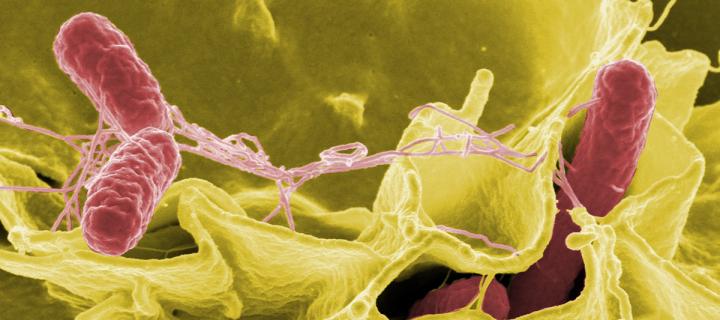
Salmonella variants found in pigs pose different threats to human and animal health, a DNA study found.
Research partnership wins industry accolade
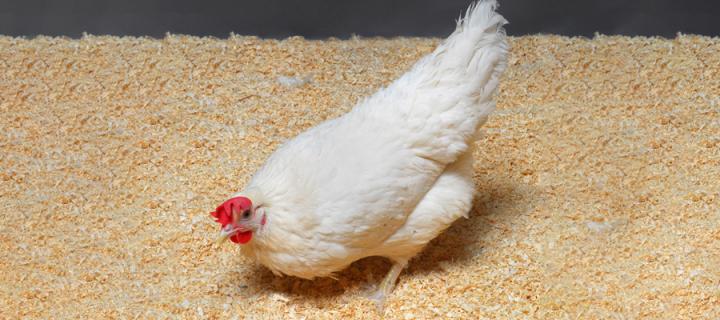
Scottish Knowledge Exchange Award recognises success through effective teamwork to support poultry research.
Bird influenza tests sought to assess emerging strains
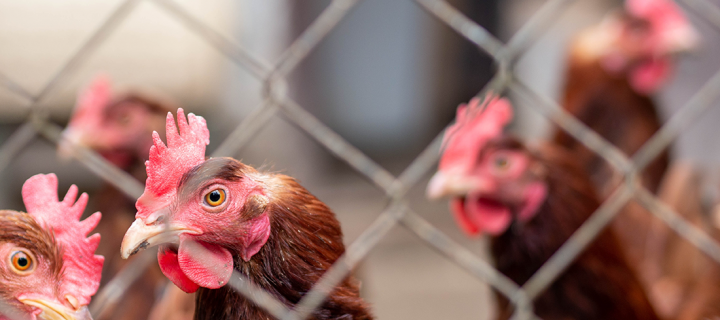
New tissue tests could help spot mild strains evolved to induce high losses for the poultry industry.
Study aims to curb threat of fatal disease in deer
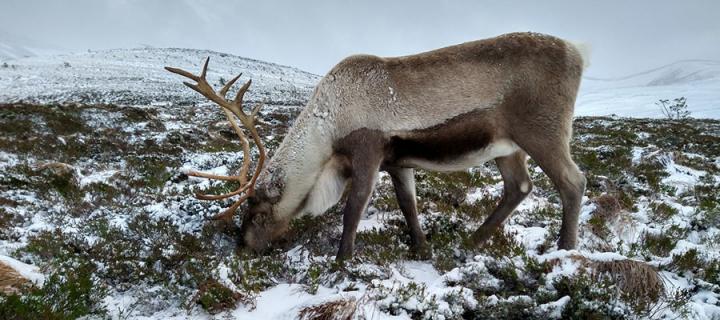
Million-euro research project will focus on a progressive brain disease in deer, to inform strategies to detect and control infection.
Sheep could be bred for climate resilience
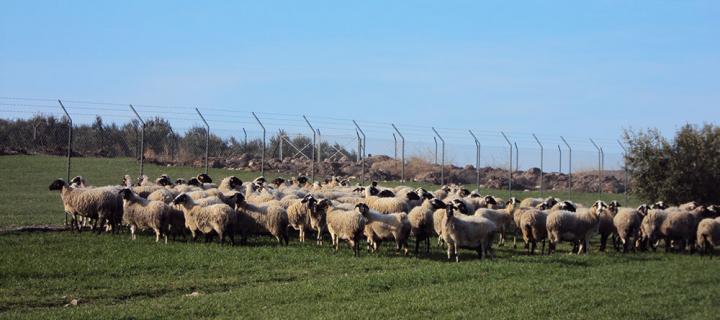
Pinpointing genes relating to variations in milk production could help breed animals resilient to warming conditions, a study suggests.
€2m boost for gene and cell therapy info hub
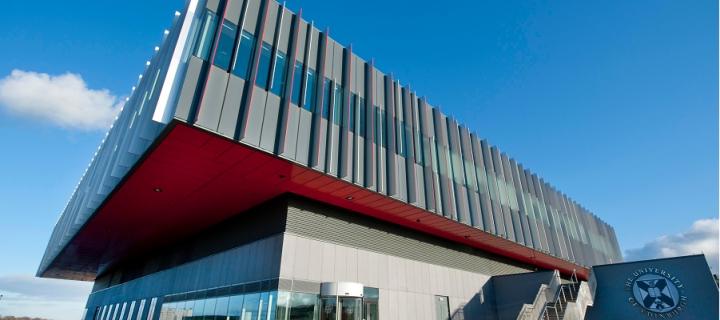
An EU-funded project will provide accessible and reliable information about cell and gene-based therapies.
Inside-out mini-guts aid research into poultry
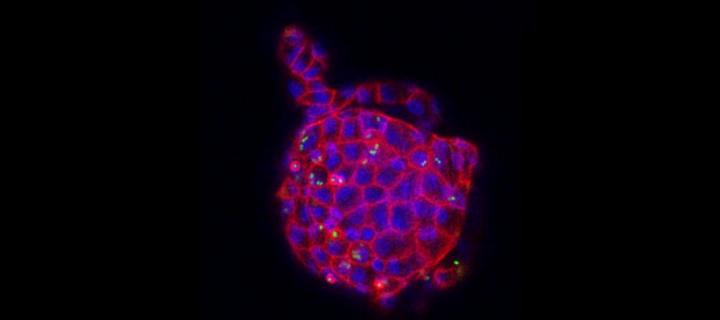
Development of a 3D model from stem cells will support studies into common infections and chicken immunity.
Ants play key role in species conservation
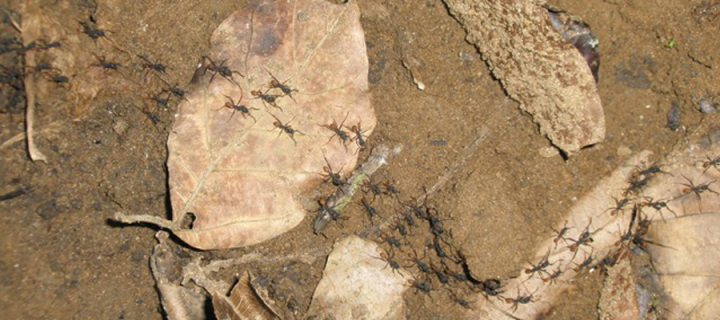
Consideration for army ants in forest planning could help protect several animal species, a review study concludes.
Online scheme puts pupils in touch with scientists
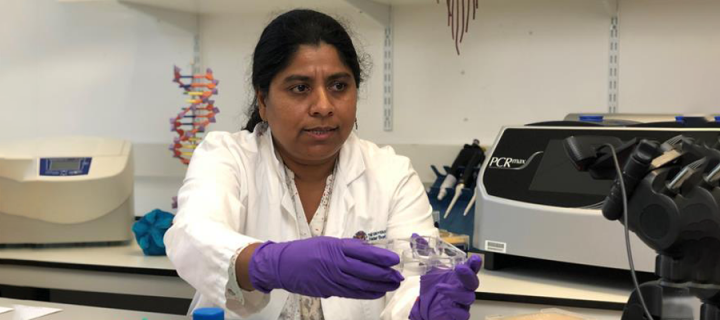
Schools across Scotland receive virtual visits from scientists at the Roslin Institute.
Cattle immune cells could help treat disease
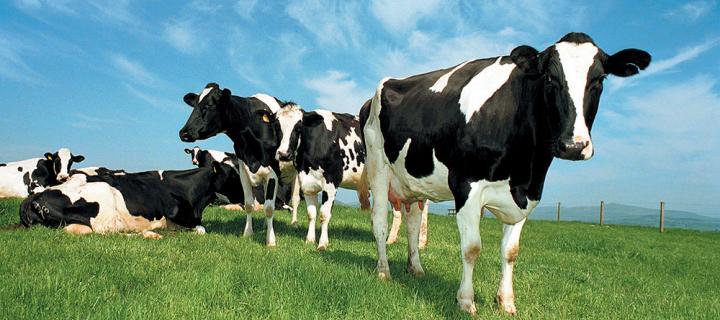
Study defines cells in cattle, in a development that could help tackle infection in cows and people.
Rainfall drives adaptation in Ethiopian sheep
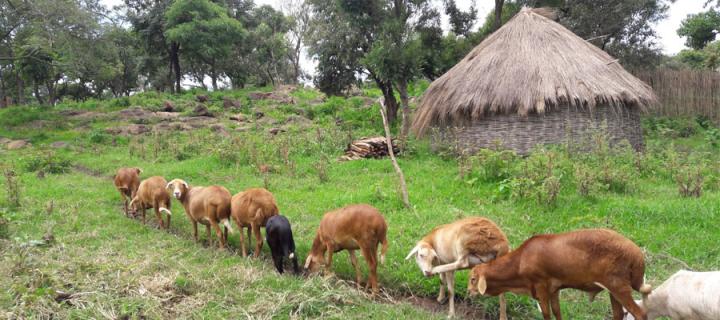
Precipitation has greater influence than altitude and temperature on adaptation of livestock populations, study suggests.
Protein linked to severe Covid-19
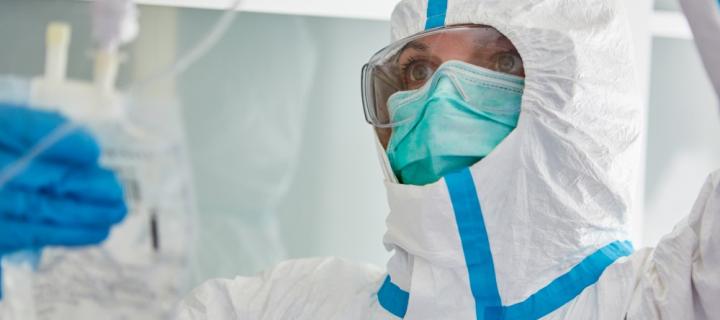
Insights from patient blood analyses could help identify those at risk of developing critical Covid-19, a study found.
£74m investment for AgriTech Hub on campus

Backing from governments aims to advance agricultural technology and food security.
Gene technologies could help prevent swine flu
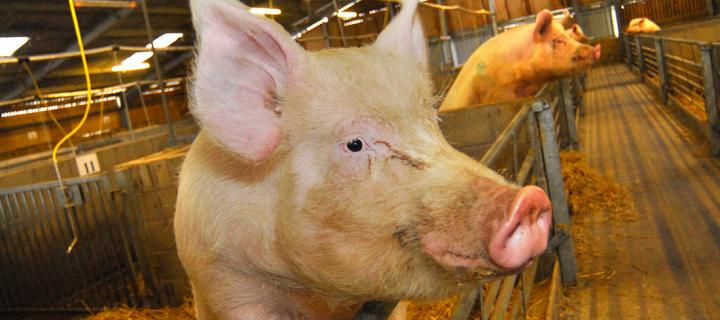
Gene-editing tools could effectively complement current methods in preventing disease, a review study concludes.
Study reveals complexities governing sex of birds
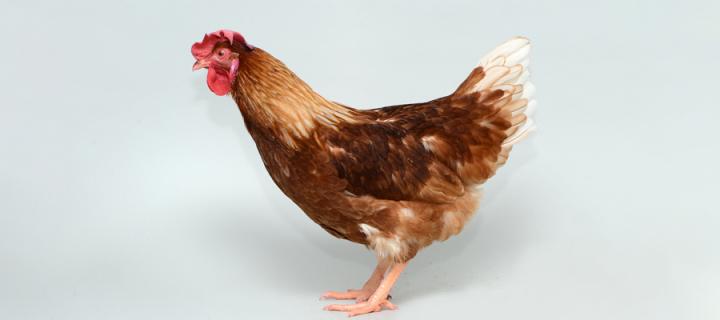
A gene controls the sex of gonads in birds but does not influence their bodies’ sexual development, highlighting an evolutionary divide from mammals.
Gene tool holds promise of managing invasive species
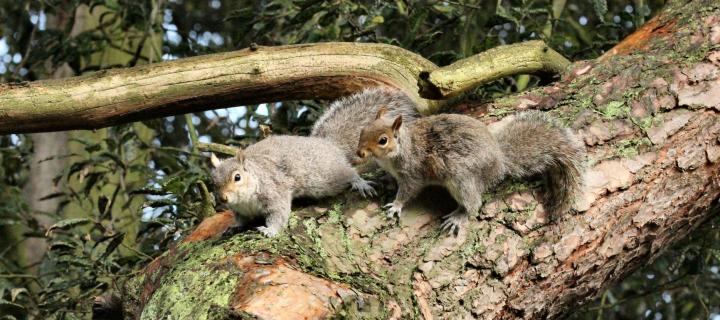
Technology that enables inheritance of certain genes could help control grey squirrel numbers, computer models suggest.
Nutritional additive strengthens chicken bones
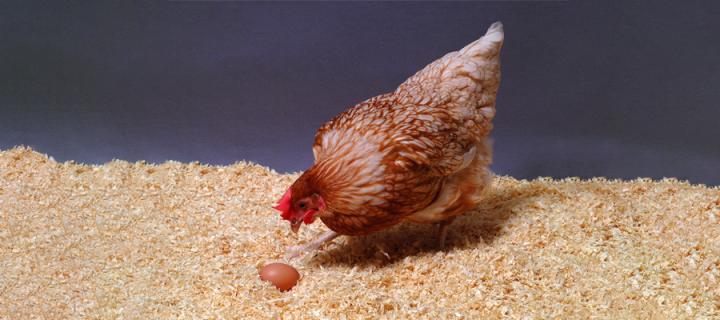
Bone quality in egg-laying hens benefits from a common feed supplement as well as from traits that help their skeletons store calcium, research shows.
New findings could help reduce spread of vCJD
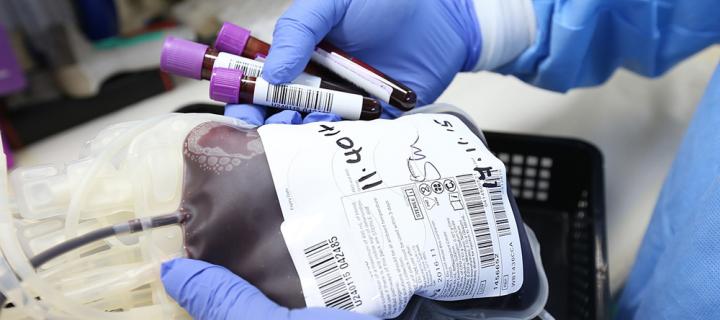
Enhanced measures could lower risks of transmission of the brain disease by blood transfer, a study in animals shows.
Surrogate cockerels and hens produce donor breed chicks
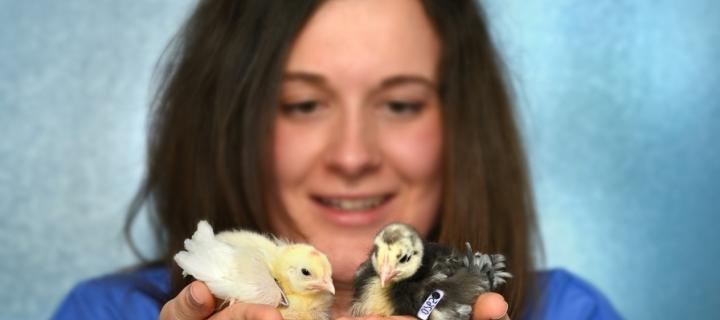
Gene-editing approach transfers beneficial genes between breeds to produce offspring with useful characteristics.
Study gives clues on animal origin of coronavirus
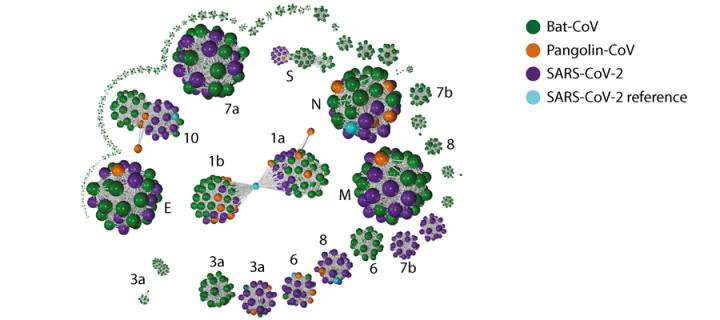
Comparing genes of coronaviruses that affect people, bats and pangolins provides insights into the beginning of the pandemic.
Smart vaccine scheme curbs rabies quickly
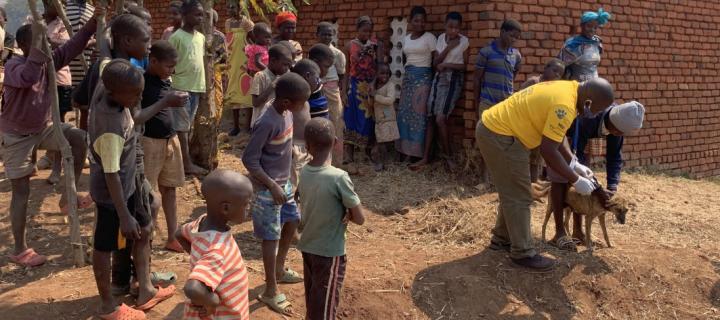
A rabies vaccination programme suported by a smartphone app significantly improved uptake in affected cities.
Vitamin D supplements boost immunity in the elderly

Immune responses and inflammation improve in older adults who take supplements, study shows.
Genetic insights could help tackle food bug
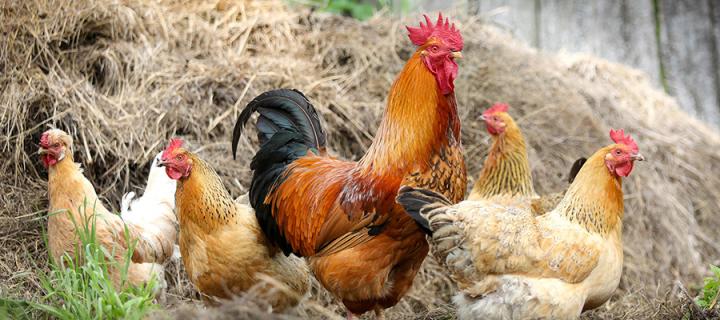
Chicken study reveals the genetic basis of resistance to bacteria that cause food poisoning in people.
Scientist given key role at Food Standards Scotland

National agency appoints Roslin scientist Professor David Gally as Chief Scientific Advisor.


